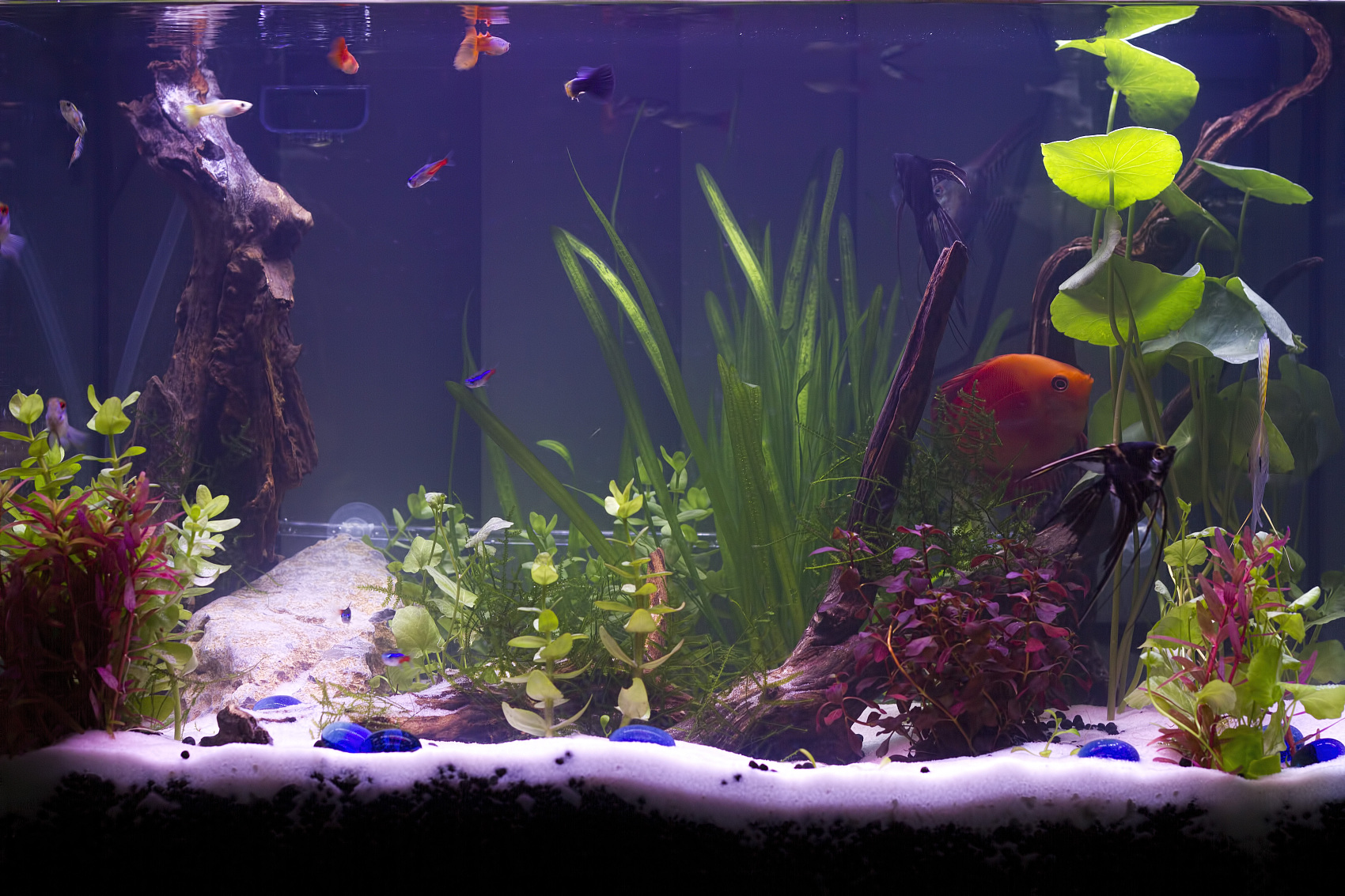If you love your pet fish, you’re in good company! Many men find joy in fishkeeping, but if you’re new to it, figuring out the basics can be a bit overwhelming. Here’s a simple guide to get you started on caring for your aquatic friends.
1. Understand Fish Care Basics
Fish require consistent care, which includes feeding them the right food, maintaining their tank, and monitoring the water quality. While fish don’t need walks, their health is sensitive to changes in their environment, making regular maintenance crucial.
2. Setting Up Your Tank
Setting up your fish tank is the first step. Start by choosing the right size tank and an appropriate location away from direct sunlight and drafts. You’ll also need to decide on the type of filtration system and think about the aesthetics, like what kind of plants or decorations to include. Once your tank is set up, you’re ready to introduce your fish.
3. Choosing Your Fish
Choosing the right fish is essential. Opt for species that are suitable for beginners, such as goldfish, bettas, or guppies. Make sure to research their specific care requirements and avoid overcrowding your tank, as too many fish can lead to stress and disease.
4. Creating a Safe Environment
Fish need hiding spots to feel secure and stress-free. Include features like caves and plants in your tank to provide shelter and comfort for your fish.
5. Maintaining Water Quality
Regularly test the water for pH levels and cleanliness. It’s vital to perform partial water changes weekly to keep the environment safe and healthy for your fish.
6. Feeding Your Fish
Investigate the best type of food for your fish species and adhere to a feeding schedule that avoids overfeeding, which can pollute the water.
7. Regular Tank Maintenance
While daily cleaning isn’t necessary, setting a routine for monthly tank maintenance is important. This routine should include vacuuming the gravel and cleaning the filter to keep the tank environment fresh and conducive to your fish’s health.
8. Preparing for Emergencies
Prepare for potential emergencies by having contact information for fish veterinarians handy and knowing the signs of common fish ailments like diseases and parasites.
Caring for fish is rewarding and can lead to years of enjoyment. It’s all about creating a stable environment and staying diligent with routine care. So, enjoy the process and the peaceful presence of your new aquatic pals!








